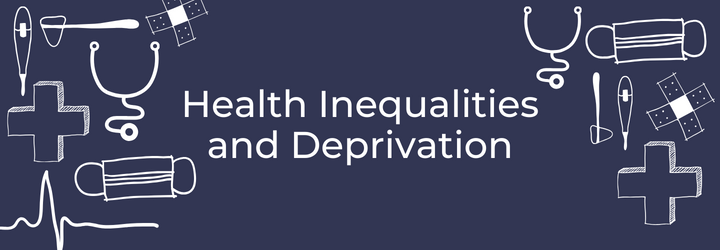

The existence of health inequalities in Scotland means that “the right of everyone to the highest attainable standard of physical and mental health is not being enjoyed equally across the population”. There is a need to ensure a clear and consistent awareness of equalities issues and to identify the needs of minority and special interest groups, as well as the wider population as a whole.
For example, in Scotland drug use harm disproportionately affects those who experience socio-economic disadvantage; and those who have an issue with drug use are “often amongst the most marginalised in society”. The burden of drug use disorders are 17 times higher for those living in the most deprived areas of Scotland, compared with the least deprived areas, while the burden of alcohol dependence is 8.4 times higher in the most deprived areas (see Evidence Briefing 4).
